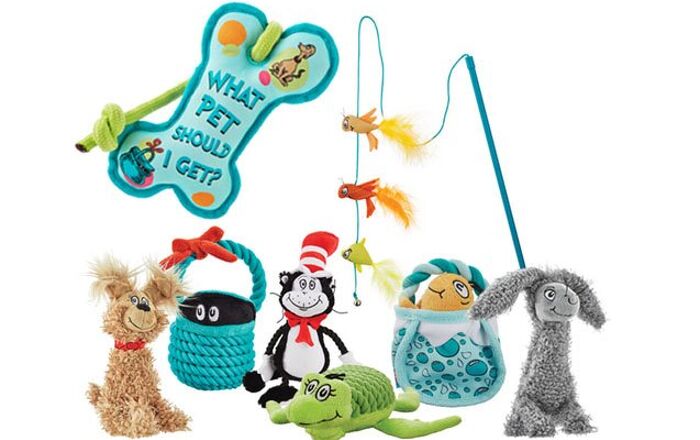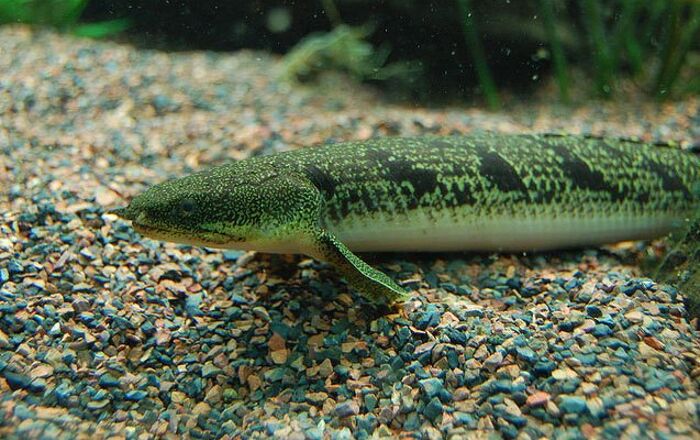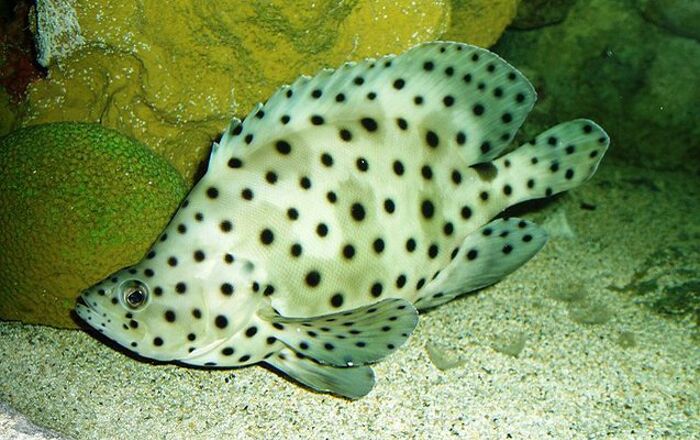
This painful affliction can happen to dogs as well as humans – here’s what you need to know about kidney stones in dogs
Both kidney and bladder stones in dogs can be painful and even life-threatening if not properly treated. You may not realize it, but they can also be prevented – and quite easily, at that. Let’s go over the basics about kidney stones in dogs including what they are, why they form and how the condition is treated. You will also learn some tips for preventing your dog from developing kidney stones.
What are Kidney Stones
The medical term for the condition which results in the development of kidney stones is called nephrolithiasis. Kidney stones, called nephroliths, are actually clusters of urate crystals that form in the kidneys or urinary tract. Though all cats and dogs have the potential to develop this condition, certain breeds have a higher risk than others. Some breeds which are more prone to developing kidney stones include Yorkshire Terriers, Lhasa Apsos, Miniature Poodles, English Bulldogs and Dalmatians. The formation of kidney stones is often the result of increased levels of calcium in the blood or urine as well as a diet that results in high urine pH levels. Recurrent urinary tract infections may also increase your dog’s risk for developing kidney stones.
Related:Dry vs. Wet Dog Foods
Symptoms and Treatment
Unfortunately, many dogs with kidney stones show no outward signs of the condition. In fact, the stones are often undetected until the dog goes in for testing for another medical problem. In some cases, however, dogs do show symptoms including blood in the urine, vomiting, recurrent urinary tract infections, painful urination or frequent small volume urination. It is also important to note that kidney stones may be either active or inactive. Active stones are infected and progressively enlarging, either obstructing the flow of blood and urine or having the potential to cause an obstruction. Inactive stones are not infected – they are not growing in size or causing any problems.
Diagnosis of kidney stones in dogs involves a complete veterinary examination performed by a licensed veterinarian. During the examination, your vet will perform a physical exam along with ultrasound imaging and a urinalysis. Once the diagnosis has been made, treatment begins. Dogs with inactive kidney stones can often be treated medically to dissolve the stones – a change in diet may also be required to keep them from reforming. Dogs with active kidney stones often have to undergo hospitalization or even surgery to remove the stones.
Related:How To Choose the Best Dog Food
Prevention of Kidney Stones
The main culprit for kidney stones in dogs is a diet high in purines. Purines are found in certain types of plant and animal tissue and, as they degrade, they form uric acid which triggers the formation of kidney stones. Thus, a low-purine diet is the key to preventing kidney stones in dogs. To keep your dog on a low-purine diet, avoid highly acidic foods such as soy, oats, barley and alfalfa. While vegetarian foods are often low in purines, they are largely considered inadequate for dogs unless used as a base to which low-purine protein sources are added.
Kidney stones can be dangerous for your dog if they are left untreated, so it is important for you to recognize the signs and symptoms. Take your dog to the vet for regular check-ups to monitor his health and ensure that he is given a high-quality diet. If your dog does develop kidney stones, it is essential that you seek treatment as soon as possible to prevent further complications.














